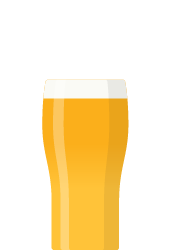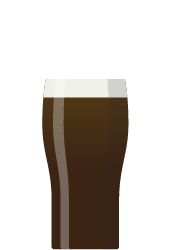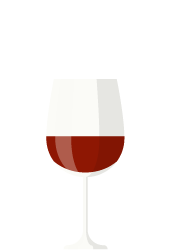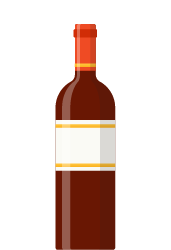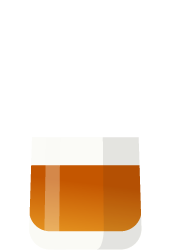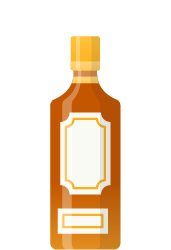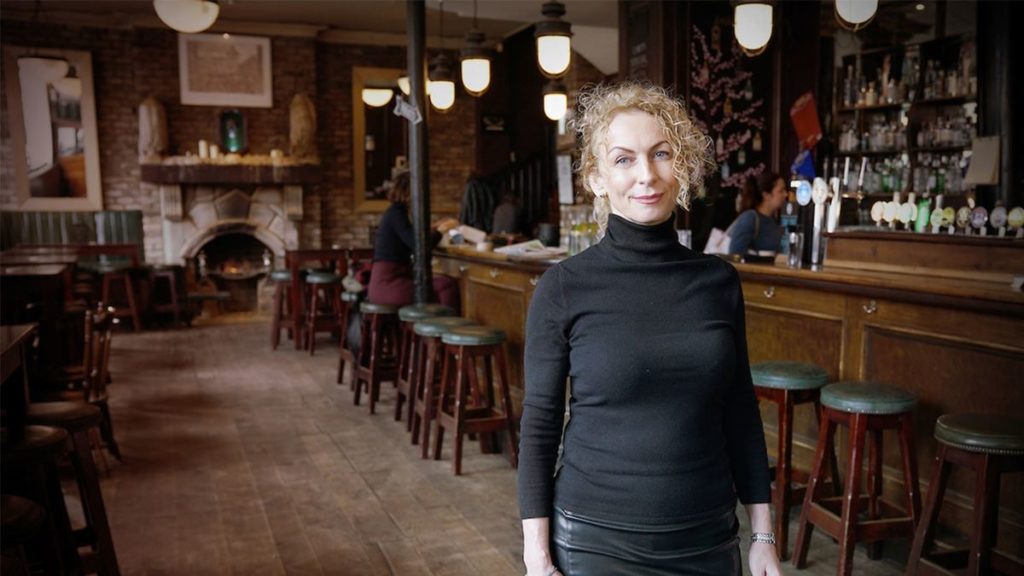
Deborah Maher, Diageo
Behind every old pub, upmarket bar and plush hotel is a network of suppliers. Diageo, one of Ireland’s largest drinks employers, helps to keep the country’s on-trade drinks businesses well stocked with beer and spirits, including favourites like Guinness, Johnnie Walker and Captain Morgan.
Deborah Maher is Diageo’s Commercial Manager for Key Accounts in the Dublin city centre area. A 22-year veteran of the company, her career started off in telesales at Guinness in the mid-1990s. Today, she oversees supply to some of the country’s busiest drinks businesses.
Deborah has seen the industry change. Twenty years ago, there were few manufacturers, product range was limited, and consumers were happy to stick with what they knew.
Today, consumers actively seek out new products, and with more disposable income, they’re prepared to pay a premium for quality.
“What we’re seeing when people go out is that they might go through a repertoire of brands. So, cocktails, pints, and wine in one place, and then they go somewhere else and have gin. They’re not sticking to one particular brand [anymore],” says Deborah.
The industry has responded to this new demand with enthusiasm. The number of Irish microbreweries producing their own product has more than quadrupled since 2012. Distilleries have grown in number from just four in 2013 to eighteen in 2017. Another seventeen are on the way.
Deborah and her team thrive in this challenging and competitive new environment: “It’s good because it makes you sell.”
Innovation in the brewery and the office
Ireland’s booming drinks industry is driven by innovation and experimentation in response to a changing market. Companies that fail to embrace this new order will struggle to resonate with consumers and their industry partners. Diageo has been careful not to fall into this trap.
“Some of our more recent brands have been born from consumer insight, like Hop House 13 and Rockshore,” says Deborah.
“We’ve been on a journey. Twenty plus years ago, we had Guinness, Smithwick’s, Harp and Bud. Now we have such a portfolio of products. We brought our reserve portfolio into Ireland four years ago and we are seeing that grow from strength to strength. We have a fantastic range of vodkas, Scotches, gins, rums and tequilas.”
Diageo’s innovation goes beyond new recipes and brand acquisitions. The company is working on a new app, ‘My Diageo’, which will make it easier for customers to place orders, view invoices and interact with Diageo via their mobile phone.
Deborah says that truly taking advantage of the tech revolution and plugging it into Ireland’s drinks industry is the key to future success. “I think technology has made us sit up and realise that we have to change and adapt to our consumers. When I used to go to the pub back in the ’90s, you would just organise a time and a place to meet your friends. However, now, we can change our minds in an instant and reach out to our friends via our phones…. I think the sociability of the pub is what’s really key. If you can mix it with tech, that’s brilliant.”
In a changing business environment with new challenges and new opportunities, drinks businesses need to collaborate to maintain their upwards trajectory: “[The industry has] been around for hundreds of years and it’ll be around for hundreds of years more,” says Deborah. “We need to work together to make sure it remains as strong as it is. It’s really key considering how much it’s worth to the Irish [economy].”
—
